Improving Performance in the Workplace by Bringing Back Curiosity

How to improve performance in the workplace. I don’t do this often but I’m borrowing a post about “curiosity” I read today. It describes effectively how we can use our curiosity to combat boredom and complacency and improve performance in the workplace.
It’s time to bring curiosity back to work
- Ben Taylor
When you do the same things over and over, work starts to become routine. You go to the same meetings, review the same numbers, and email the same people. You learn your job so well you barely have to think about it. The spark goes away, and your creative energy fizzles. The problem? You’ve lost your sense of curiosity.
How curiosity leads to improving performance in the workplace
Fortunately, research shows that simply being more curious can have a tremendous effect on your career—improving your performance in the workplace and enhancing your workplace relationships. Here’s why experts say curiosity leads to results—and what you can do to bring curiosity back to your work.
- Curiosity improves job performance
Intelligence and effort are both essential for success. But a 2011 psychological study found a third factor that often gets overlooked: intellectual curiosity. The researchers concluded that intelligence, effort, and curiosity could all predict better performance—and even for people without the raw smarts, curiosity and effort alone were enough to make up for it.
What makes curiosity so important for performance? One explanation is that curious workers are better at dealing with nuance and complexity. Instead of being frustrated with unclear directions—or overwhelmed by all the complicating factors—curious people are eager to dig in and discover. When the path forward isn’t clear, they see opportunity. When something doesn’t make sense, they’re excited to find the right answer. Over time, employers come to trust curious workers with higher level, more difficult projects.
Ask yourself:
- How can I think about a routine project in a new way?
- How can I reframe something confusing into an opportunity to learn something new?
- Curiosity helps you connect with others
It probably comes as no surprise that curious workers connect faster and better with their co-workers. They ask more questions, spend more time with colleagues, and quickly come to understand the strengths and weaknesses of their fellow team members. As a result, curious employees know how to best collaborate on a project, delegate a task, or motivate a particular colleague.
But the benefits of curiosity go beyond collaboration. A recent study showed that curious people do a better job dealing with social rejection—particularly important in new or unpredictable work environments. While more research is needed to identify the underlying causes, it’s possible that curious people are able to focus more on discovery itself (what can I learn about this group?) and less on the immediate result (will I be rejected?).
Ask yourself:
- What’s something I’ve always wondered about my co-workers, and who can I ask?
- How can I focus more on social learning, and less on social validation?
- Curiosity helps you learn more quickly
In a 2014 study on brain activity, researchers provided subjects with a series of questions and answers. The more curious a participant was about a given question, the more dopamine the person’s brain would release upon learning the answer. Later, the researchers tested participants to see how well they had retained the information. Unsurprisingly, people were much better at retaining the information they were curious about. The dopamine had seemed to enhance brain connections at a cellular level.
More surprisingly, however, the researchers found that curious participants were also better at retaining boring information—so long as the boring questions were interspersed among the more interesting ones. It seemed that once a brain’s curiosity was already piqued, the same positive effects would carry on for a short time. In the workplace, this means maximizing your time spent on tasks that awaken your curiosity and breaking up busywork with more interesting work.
Ask yourself:
- Does my current work pique my curiosity?
- How can I intersperse more interesting tasks throughout my day?
- Curiosity unleashes your creative energy
Whether you’re a graphic designer or a software developer, your best work often happens after a creative breakthrough. Key moments of inspiration can help you finally crack a tough problem or see a project in a new light.
But getting to that key moment requires a deep well of curiosity. You want to find work that lets you stay in the moment, that keeps you passionate about what’s right in front of you. Sometimes, that means changing your habits to reduce mindless work. Other times, that could involve finding new projects that better pique your curiosity. Over time, doing work that makes you curious will help you sustain your creative energy, and in turn, reach your next creative breakthrough more quickly.
Ask yourself:
- How can I turn off autopilot and turn on a sense of curiosity?
- What kind of work makes it easiest for me to find my creative flow?
While it’s tempting to fall back to old work routines, it pays to shake things up. The more you let your curiosity take the lead, the better you’ll be able to work, learn, and grow.
Recommended reading
To learn more about improving performance in the workplace read, ‘How To Improve Performance In The Workplace And In Life: A Field Guide‘, by Howe Q. Wallace. More than 50 messages – on topics including leadership, teamwork, motivation and courageous communication – have been compiled in the field guide for aspiring leaders to hear key messages. The goal of the guide is to develop the full potential of people who are more successful and effective at home and in the workplace. Consider reading some of Howe’s other recommended good reads.
